Keywords: Plenary Council 2020
-
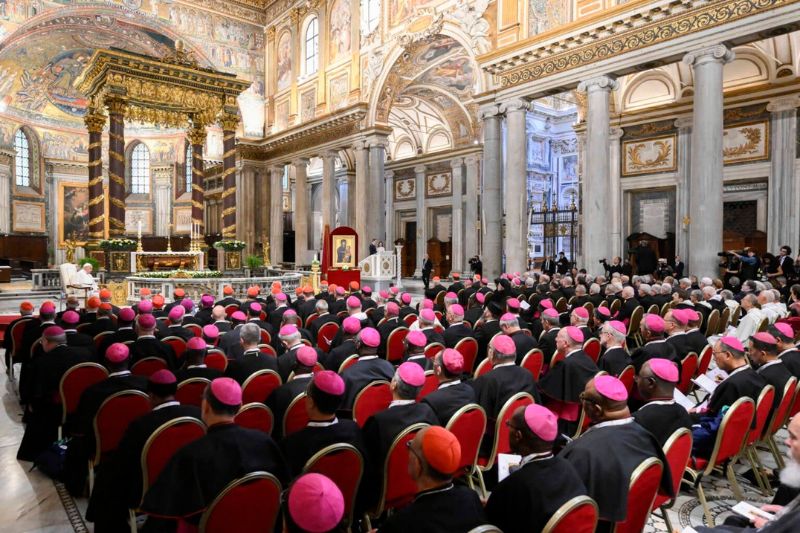
RELIGION
- Richard Lennan
- 19 December 2024
Is the synod a parliament, a shareholder meeting, or something wholly unique? How we frame it shapes our understanding of its purpose and outcomes. Beyond analogies, could the true essence of synodality lie in embracing grace and discernment, re-centering the church on its divine mission?
READ MORE
-
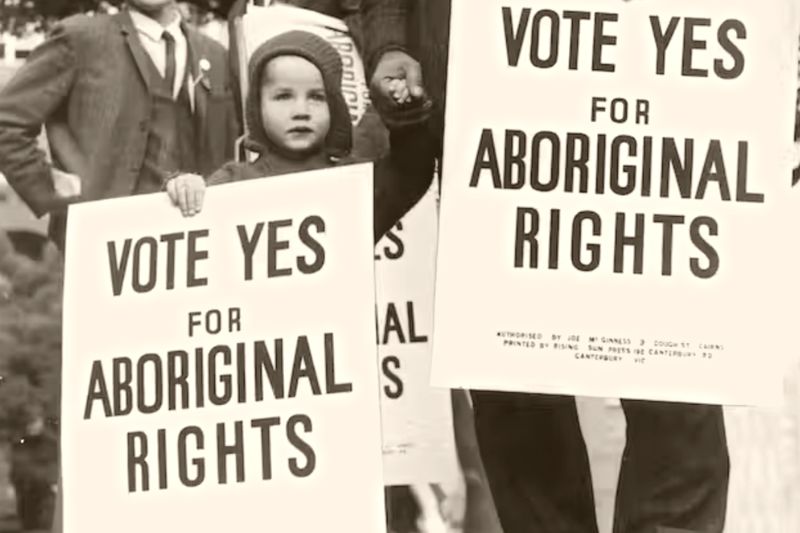
AUSTRALIA
- Frank Brennan
- 05 June 2023
19 Comments
The wording of the proposed change to the Australian Constitution to enshrine a First Nations Voice might not be perfect. But whatever the imperfections and the risk of future complications, it is high time that Australia’s First Peoples were recognised in the Constitution in a manner sought and approved by a broad cross-section of Indigenous leaders.
READ MORE
-
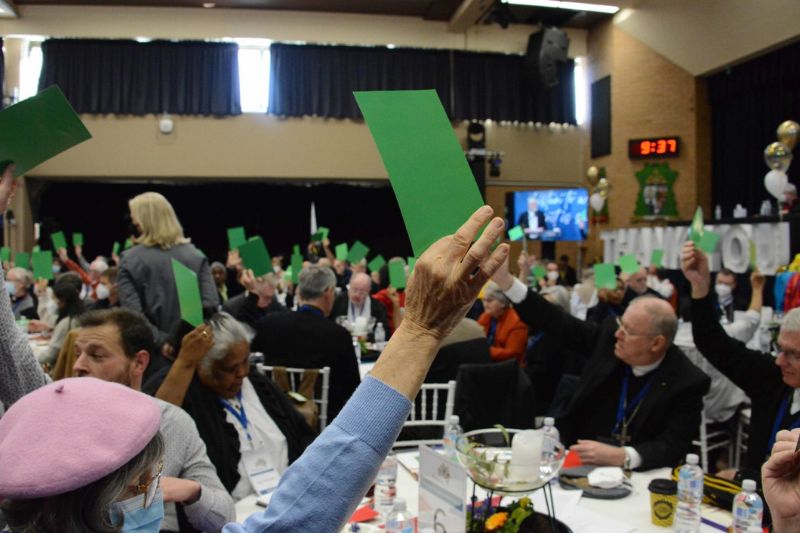
RELIGION
- Paul Collins
- 05 January 2023
The Plenary Council (PC) is over and the time has come for assessments. What did it achieve? In positive terms it brought together an enormously generous group of people whose dedication to Catholicism is extraordinary. It also demonstrated the diverse complexity of the community.
READ MORE
-

RELIGION
- Paul Collins
- 12 July 2022
33 Comments
The Plenary Council (PC) is over and the time has come for assessments. What did it achieve? In positive terms it brought together an enormously generous group of people whose dedication to Catholicism is extraordinary. It also demonstrated the diverse complexity of the community.
READ MORE 
-

RELIGION
- Beth Doherty
- 01 July 2022
6 Comments
Debate between more traditionalist Catholics and those who want to see reforms more fully implemented has become increasingly heated in the lead-up to the Plenary Council. One thing that could prevent a serious split from happening is the simple act of talking — and listening — to one another.
READ MORE 
-
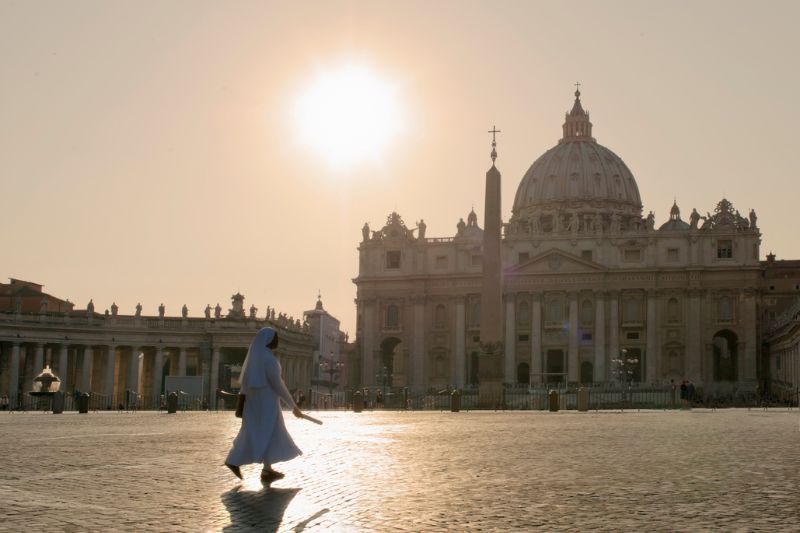
RELIGION
- Paul Collins
- 28 June 2022
7 Comments
A basic principle was laid down in the pope’s recent Apostolic Constitution entitled Praedicate evangelium that is profoundly important with far-reaching consequences for the whole church. This principle states that any baptised Catholic ‘can preside over a dicastery,’ that is run a Vatican department. Previously only ordained clerics could do this.
READ MORE 
-
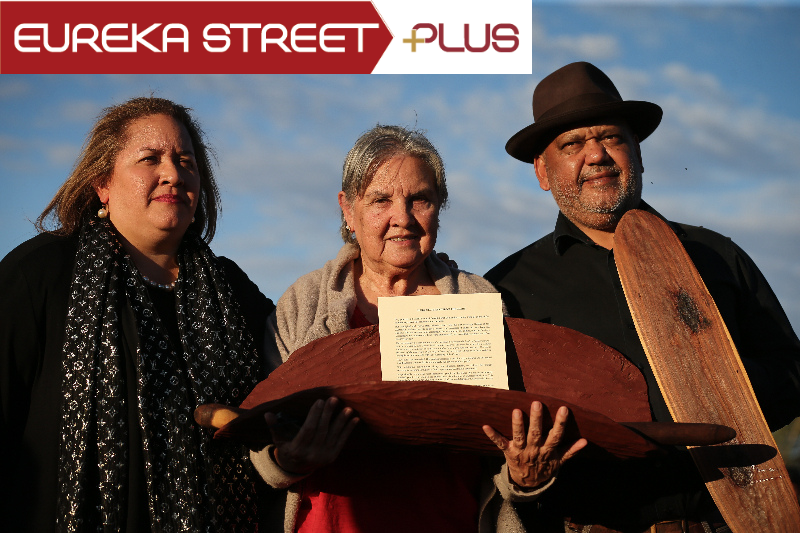
AUSTRALIA
- Frank Brennan
- 06 May 2022
5 Comments
Whoever is Prime Minister after the election on May 21, he will need to address the question of Indigenous recognition in the Australian Constitution. This is the sixth election in a row when the question has been a live, unresolved issue during the election campaign. The patience of Indigenous leaders is understandably wearing thin. Trust is waning. There is still no clear path ahead. So where to from here?
READ MORE 
-

RELIGION
- Andrew Hamilton
- 24 March 2022
10 Comments
Any program of church reform will have soon to ask Chernyshevsky’s question, What is to be done? It is a dangerous question — he wrote his novel from jail and spent much of his life in exile or imprisonment. Discussion of Church matters is mercifully less perilous today, but the question does invite a radical repiecing of the connections and tradition and energies that constitute Catholic life.
READ MORE 
-
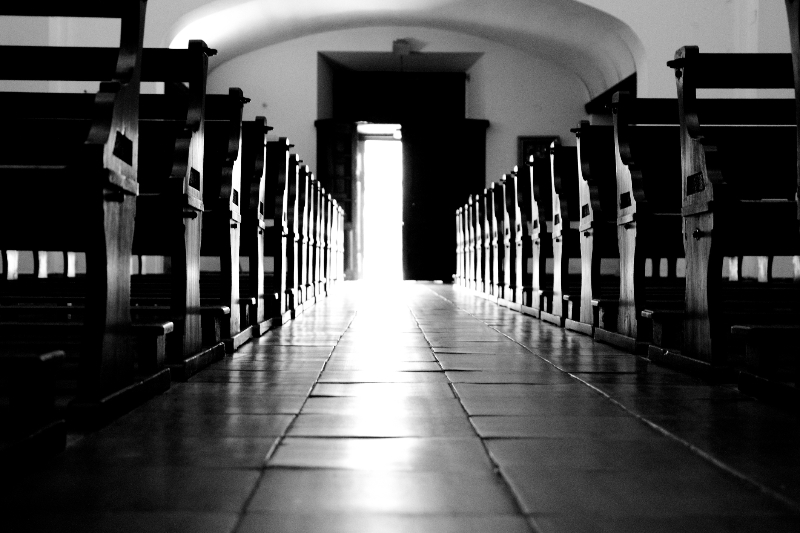
RELIGION
- John Warhurst
- 10 February 2022
37 Comments
The Church in Australia has taken a step towards greater transparency with the release by the Australian Catholic Bishops Conference (ACBC) of its first ever Annual Report-this one for the 2020 year. This step is welcome, but there is more to be done. Synodality and co-responsibility presumes that those who are walking together have equal access to information upon which to discern the future of the Church at all levels.
READ MORE 
-

RELIGION
- John Warhurst
- 28 October 2021
23 Comments
Ten days after the conclusion of the first Assembly of the Plenary Council each member was sent an Evaluation Form to complete. As well as reflecting on our experience we were asked to consider how we would complete the phrase ‘It would have been good if…’. The authorities told us that our responses would help to plan the second Assembly.
READ MORE 
-

RELIGION
- Tracy McEwan, Patricia Gemmell
- 06 October 2021
15 Comments
Annabel Crabb’s ABC TV documentary series Ms Represented had us gasping, laughing and raging all at once. The series struck an achingly familiar chord as women from different political parties and generations voiced their common experience of sexism and misogyny in Australia’s parliament, elucidating just how hard it is for women to have a voice at the table in Australian institutions of power.
READ MORE 
-
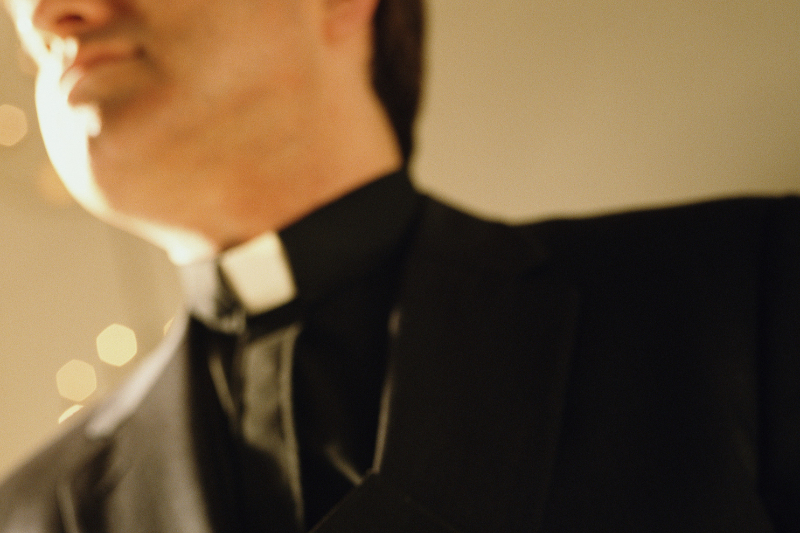
RELIGION
- Gideon Goosen
- 23 September 2021
60 Comments
The Final Report of the Royal Commission into Institutional Responses to Child Sexual Abuse identified clericalism as a significant contributor to abuse across religious institutions Australia-wide. Clericalism is rooted in a theological belief that the clergy are different to the laity, having undergone an ‘ontological change’ at ordination, and feeds the notion that the clergy may not be challenged. And according to the report, the culture of clericalism is on the rise in seminaries in Australia.
READ MORE 